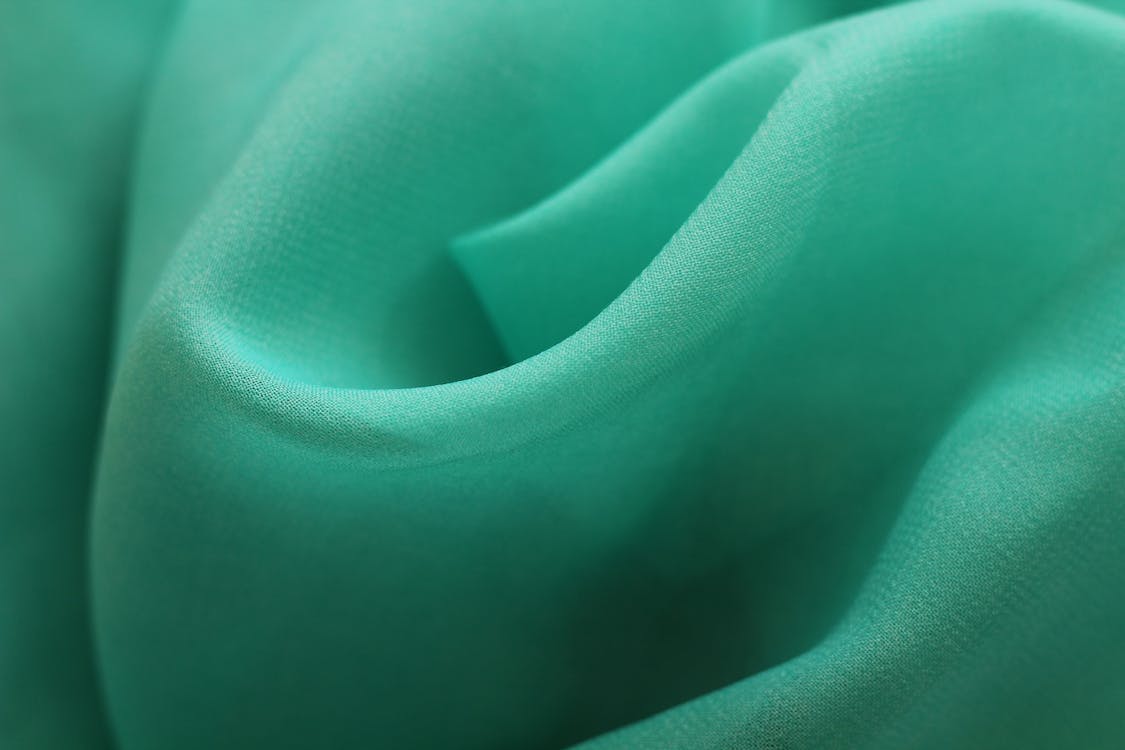
FAQ About Differences in Polyester
Differences in Polyester
2 years ago | gizem
What are the main characteristics of polyester?
Polyester possesses several key characteristics that contribute to its popularity and widespread use in various applications. Here are the main characteristics of polyester:
- Durability: Polyester is a highly durable fiber, making it resistant to wear and tear. It can withstand repeated use and maintain its shape and integrity over time.
- Strength: Polyester fibers have excellent tensile strength, meaning they can withstand a significant amount of pulling or stretching force without breaking or losing their shape.
- Wrinkle Resistance: Polyester is known for its resistance to wrinkles and creases, making it a low-maintenance fabric that requires minimal ironing or pressing.
- Fade Resistance: Polyester is less prone to fading when exposed to sunlight compared to some natural fibers. It retains its color vibrancy for a longer time, making it suitable for long-lasting and vibrant textiles.
- Quick Drying: Polyester has a low moisture absorbency rate, allowing it to dry quickly after washing or exposure to moisture. This characteristic is beneficial for outdoor clothing or in humid environments.
- Easy Care: Polyester fabrics are generally easy to care for. They are machine washable and can often be tumble dried, requiring minimal effort and special care instructions.
- Versatility: Polyester is a versatile fiber that can be blended with other fibers to enhance specific properties. It is commonly blended with natural fibers like cotton to create fabrics that combine the benefits of both materials.
- Colorfastness: Polyester has excellent color retention properties, meaning it can hold dyes well and resist color fading or bleeding during washing or exposure to sunlight.
- Resistant to Stretching and Shrinking: Polyester has low elasticity, which makes it resistant to stretching and shrinking. This characteristic helps garments made from polyester maintain their shape and size over time.
- Chemical Resistance: Polyester is resistant to chemicals, oils, and many common household stains, making it suitable for applications where exposure to such substances is expected.
- Lightweight: Polyester fabrics are typically lightweight, which adds to their comfort and ease of wear.
- Wide Range of Textures: Polyester can be produced in a variety of textures, from smooth and silky to textured and matte finishes, depending on the manufacturing process and treatment.
